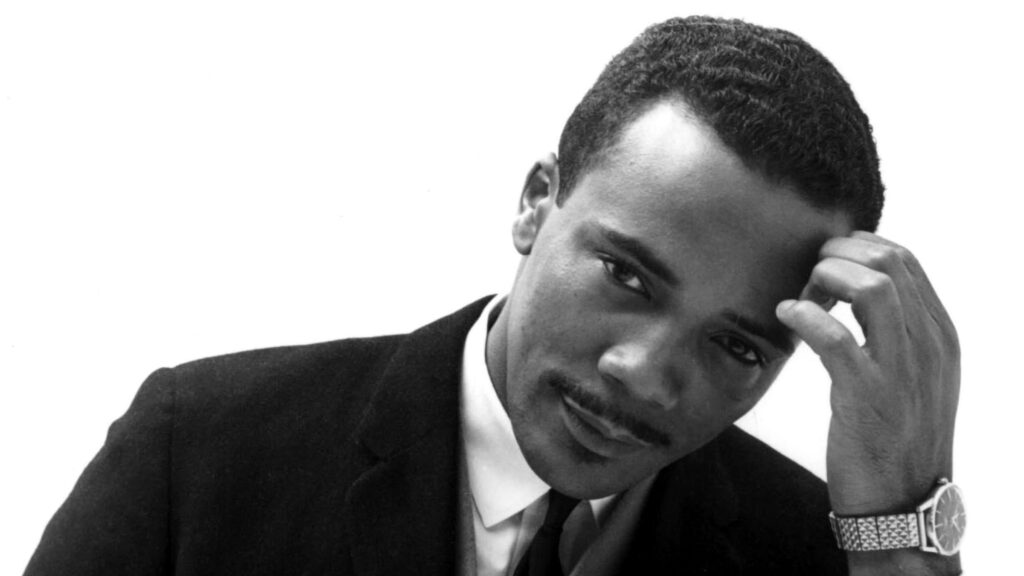As February approaches once again, people everywhere celebrate black activists, musicians, artists, and more who have paved the way for their community today. Nevertheless, this Black History Month will be the first celebrated without the musical genius, Quincy Jones. The legendary artist and producer passed away on November 3, 2024, after fighting Pancreatic cancer, but it’s safe to say his legacy will live on forever, without anyone even realizing it.
Quincy Jones was born in Chicago, in 1933 to his mother, a banker, and father, a carpenter. His childhood was spent with his little brother Lloyd often getting involved in gang violence from the age of 7 and on. During this time his parents got divorced and his mother was taken away due to a Schizophrenic disorder. Jones recalls watching her get taken away in a straight jacket when he was in second grade. Shortly after Quincy and his brother were sent to live with their paternal grandmother in Kentucky. His grandmother was a former slave and was described by Quincy as,” cooking anything she could get her hands on … from chicken to possum.” Jones always ate it, it was all they had.
At age 10, Quincy’s father, Quincy Sr., moved his family to Washington State, right outside of Seattle. During his developmental years, Jones struggled with finding purpose and figuring out what he wanted to do, as he had no black role models at the time. One night, he broke into the town armory. Sitting in the middle of the armory was a large black piano. Jones sat down and simply fell in love, not knowing how this would shape his life.
After that night Quincy went on to learn a plethora of instruments, percussion, trombone, sousaphone, B-flat baritone, and French horn, just to name a few. Out of all the instruments he mastered, the trumpet was his calling. At fourteen Jones first started playing in bands and usually played at various nightclubs. During this time he met one of his longest friends, Ray Charles. When they met, Ray was 16 and Quincy was 14, this led to a big brother-younger brother relationship as Charles often acted as a mentor. Jones soaked up all the advice Charles offered and started to blossom into the musical icon he would soon become. Over the years Jones played in various bands, but still dreamed of writing and composing his music. So, he picked up and moved to New York City. In his early days spent in the Big Apple, Jones wrote for anyone willing to give him a chance.
Then, singer and friend of Quincy’s, Dinah Washington, proposed that Jones compose his next record. Washington’s record company wasn’t too hot on the idea as they wanted a more well-known name. However Washington insisted, and Jones composed his first record, For Those Who Love. After that Jones composed many records in New York for big artists such as Billy Armstrong, Count Basie, Sarah Vaughn, Dizzy Gillespie, and Ray Charles. Over time, Jones lost his passion for producing Jazz records and felt he was stuck in a box that he wanted out of. He wanted to compose classical music. However, during this time many production companies and record labels didn’t believe a black man could do much more than Jazz, so he left.
In 1957 Quincy Jones moved to Paris to study classical music under Nadia Boulanger. Boulanger was an amazing composer and teacher who mentored many of the top composers of the 20th century. Quincy spent lots of time with her, picking her brain of all the musical knowledge she had, her words stuck with him forever. In Paris Jones also started composing and conducting string orchestras and felt more free as a musician and person. His next big step was the Free and Easy band which was a band Quincy put together and toured with on his remaining stay in Europe. In 1962 Jones decided to return to the United States. In 1964 Jones was named the Vice President of Mercury Records, making him the first African American to hold an executive position at a major record label. During this time Jones started to compose film scores, his first being The Pawnbroker. He would end up composing scores for 35 different films over his career. During the 60’s Jones also continued producing and arranging for artists, most notable being Frank Sinatra. Some may consider this as Jones’s “big break.”
Quincy then started producing his own music. From 1969 to 1981 he recorded many award-winning albums. Then in 1974, he turned back to producing when a young artist Michael Jackson approached him. Quincy Jones first produced Jackson’s Off The Wall, starting his relationship with the young artists. In 1982, Jones produced the best-selling album ever in Michael Jackson’s Thriller. This solidified Jones as a producer and figure in the music industry forever as he was the man able to hone Jackson’s creative energy into a 9 song masterpiece.
Only 3 years later Quincy was contacted by Ken Kragen, the head of a major talent management company, to produce a charity single that would raise money for the famine in Ethiopia. The single was sung by a chorus of iconic musical talent at the time such as Stevie Wonder, Tina Turner, Michael Jackson, Cindy Lauper, and Bruce Springsteen, just to name a few. The single raised 80 million dollars, which is equivalent to 222 million dollars as of 2023. It quickly became an anthem around the world and helped raise awareness for global issues. Many schools held assemblies about it and concerts were held to raise money for the same issue, all inspired by that one single.
The rest of his life Quincy spent doing what he does best, music. He traveled the world, went to many award shows, and continued to produce and create for the whole world. Not only did he provide so much music, but he used his platform to help others. Most known for being “We Are The World” but Quincy also was known for advocating for music education in schools. He believed that music really could bring the world together and it was important to keep the arts in public schools. Unfortunately, Jones is not with us to keep producing music, but he will never be forgotten. Quincy Jones paved the way for many black music executives and producers by doing what people thought was impossible. He pushed the limits time and time again by stepping out of the boxes he was put into. His legacy will live on for generations to come through stories of his kindness and his importance, but most of all, he lives on through his music.






































































